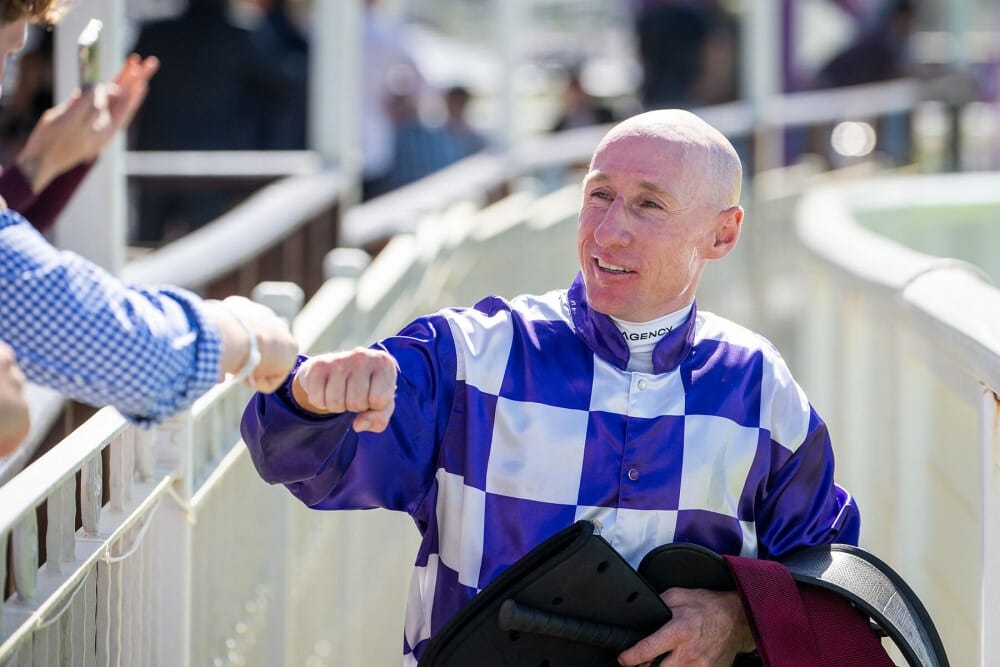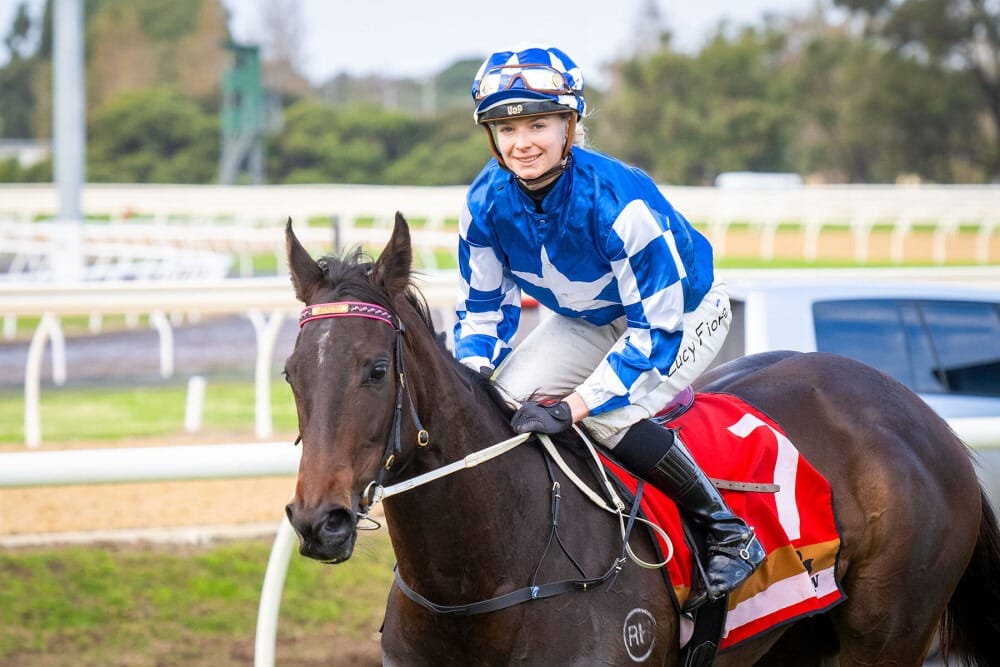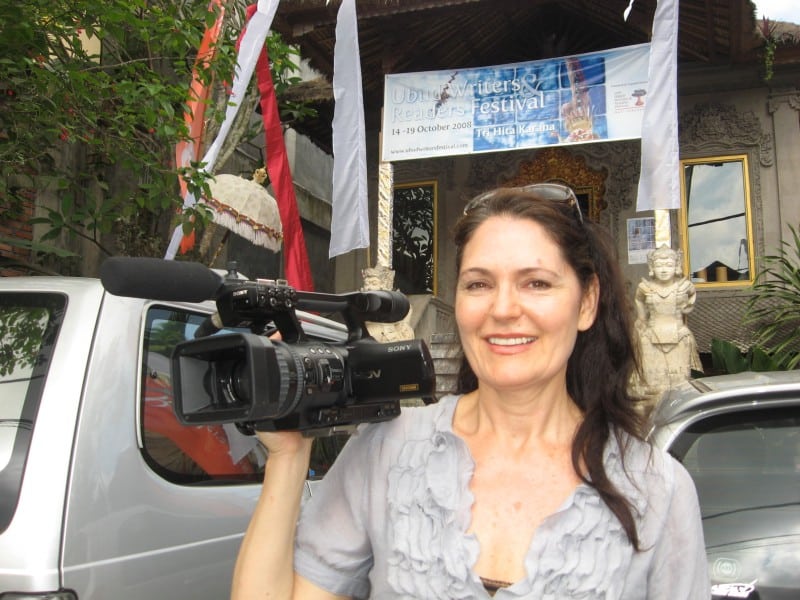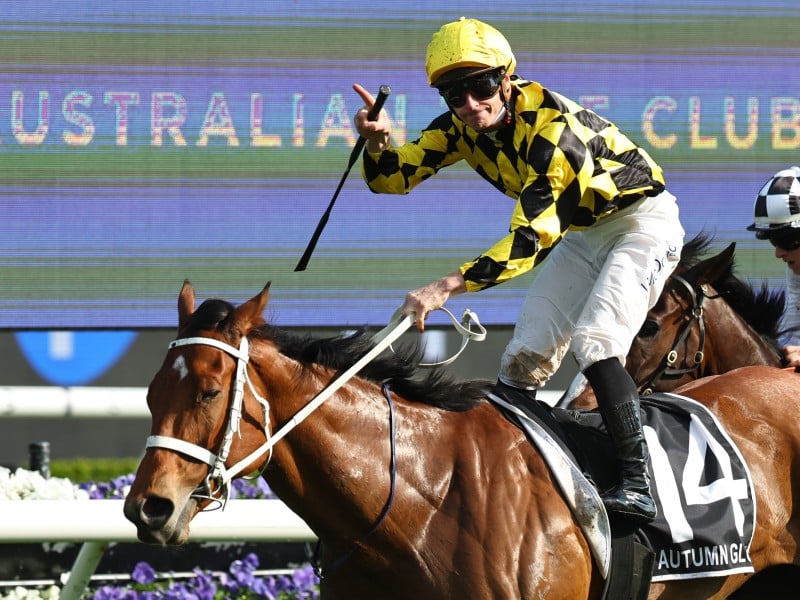Racing’s census – Premierships paint a picture of changing landscapes
New names at the top of racing premierships around Australia are a pointer to how the face of the sport is changing in Australia, writes Matt Stewart.

Every five years, the federal government conducts a national census, knocking on doors and gathering information mostly about changes, trends and new demographics.
Within the bubble society of horse racing, the various state and national premiership lists, now complete for 2024/25, provide similar insights.
They sum up the state-of-play and provide a peek into the future.
The landscape is mostly changing in a country so vast that each state or territory tells its own story.
Some of the best images of racing in 2024/25 were saved for last; at Doomben, premiership warriors Angela Jones and Emily Lang spraying 11-time premier trainer Tony Gollan in champagne after the last race. At Balaklava, soon-to-be 12-year-old France’s Boy won his 20th race at his 150th start in the last South Australian race of the season.
The common themes of the season were the march of the female jockeys and the tightened grip of the dominators in places as far-flung as Darwin and Tasmania. Ciaron Maher and Chris Waller quinellaed the overall and metro trainer tallies; Maher had 329,5 overall winners, to Waller’s 272. Waller beat Maher for metro wins, 205 to 181.
The “how big is too big” questions get louder as the super stables get bigger, the gaps to the have-nots wider. Maher does not buy into it, telling RSN last week that the prospect of numbers caps were: “Absolute rubbish.”
The resurgence of Gai Waterhouse – and training partner Adrian Bott – and rapid ascension of Annabel Archibald and her husband Rob meant consolidation for our two most successful-ever female trainers.
Waterhouse and Bott finished seventh on the national list with 143 winners, and Annabel and Rob Archibald ran fourth (Lindsay Park was third) with 234 winners. Team Archibald had its best Sydney metro season, beating all but Waller, with 160 wins. Waterhouse and Bott were fourth with 111. The big mover, of course, was Bjorn Baker, from sixth in 2023/24 with 96 wins to third in 2024/25 with 152.
James McDonald clinched his ninth Sydney jockeys title but it is the female jockeys who blazed new trails and collectively tightened their grip on a sport that a generation ago pegged them as tokens, or “part-timers” as one ex-jockey said.
Female jockeys ran the premiership quinella in Darwin, Adelaide and Brisbane; stunning.
In metro Queensland, best mates Jones, the senior, and Lang, the apprentice, slugged out a historic battle for the premiership, despite a spluttering final day at Doomben when neither rode a winner. Jones beat Lang 66 to 64 to become the first female to win the Brisbane title.
Port Lincoln-raised Rochelle Milnes emulated Clare Lindop and Jamie Kah (Melham) to win the Adelaide premiership, as an apprentice. She defeated Taylor Johnstone, one of an impressive group of female Tasmanian jockeys to have made good in South Australia.
In the Northern Territory, Sonja Logan staved off nomadic Victorian Hannah Le Blanc to win the title two years after surviving a vicious attack outside her Darwin home, just a fortnight before her wedding.
Australian national jockeys’ premiership
Benalla-born Le Blanc is probably Australia’s most noteworthy drop-in, drop-out jockey. She has ridden at 34 different racetracks this season, from Elwick to Fannie Bay, located some 3700km apart.
Anthony Darmanin claimed this season’s Tasmanian title despite residing in Melbourne. Le Blanc, the nomad, has ridden against “Darma” many times in Tasmania.
A resurgent Blake Shinn – also second on the national list – staved off Craig Williams for Melbourne metro honours. Theirs was a quinella of wisdom and experience. Twenty years ago, when Shinn and Nick Ryan were the next big things, jockeys in their 40s and 50s were shoved out of fashion. Shinn is almost 40, Williams pushing 50.
Jamie Melham finished fifth with 41 wins, three better than her previous season’s 38 but a significant dip from the 105 winners she rode to become the first female to win the Melbourne metro jockeys premiership in 2020/21.
The tallies revealed other interesting stories.
William Pike, for instance, rode more winners Australia-wide than any jockey for the eighth time with 167.5 winners at a staggering 24.1 per cent. He is nearing 3500 winners in a career where he has had over 150 winners in each of the past 10 seasons.
The national figures feature a somewhat bizarre stat.
Australia hosts 2694 race meetings a year, across 374 race clubs and 360 racetracks. Western Australia has just 37 race clubs (Victoria has 69, NSW 122) and races 282 times a year yet five of the six most-winning jockeys for the season were WA-based.
All rode over 130 winners; Pike (167.5), Clint Johnston Porter (142), Lucy Fiore (138.5), Natasha Faithful (136) and Chris Parnham, a previous holder of the national title, with 134 after a double at Belmont on Wednesday and one at Bunbury on Thursday.
And while WA is a vast state, with racetracks all the way up to Broome and Derby, where Kyra Yuill rode most of her 64 winners, the above quintet all rode mostly against each other at Ascot, Belmont, Pinjarra, Kalgoorlie and Northam.
Australian national trainers’ premiership
In training, some grips tightened beyond the headlines of Waller and Maher.
The king Of Darwin, Gary Clarke, claimed his 13th straight training title, while in Brisbane Tony Gollan made it 11 straight Queensland metro premierships; 134 wins to Rob Heathcote’s next-best 49.
There has never been such dominance in Queensland training ranks. Jones and Lang both ride for Gollan and their champagne celebration in the mounting yard after the last race of the season was a display of relief following broad media coverage of the mate-against-mate battle for the premiership.
Scott Brunton, once a smaller-stage dominator like Gary Clarke, had won a record nine training premierships in Tasmania before being stripped of his licence in 2023 over tax issues. This turned the traditional Tasmanian landscape upside down.
John Blacker is now the dominant trainer, with 82 wins for the season, way ahead of Glenn Stevenson.

Away from the glittering stages of Melbourne and Sydney, Australia’s racing dominators are barely known outside their own patch.
Down in Tassie, where decreasing participation and income streams have racing under pressure, premier trainer Blacker is known as a knockabout with a penchant for celebrating by ripping off a boot and skolling beer from it.
Jamie Mott and Daniel Stackhouse, second and third in Victoria to Shinn for overall wins, are not glamour riders. For his bucketload of career wins, Stackhouse has not won a Group One.
Aaron Bullock (127 wins), Braith Knock (112) and Ashley Morgan (110) rode more winners than any other jockeys in NSW in 2024/25 but are barely recognised beyond the backblocks; likewise, the two top winners in Queensland, Justin Stanley (131 wins) and Ryan Wiggins (112).
Horse breaker and trainer Garret Lynch was once scolded by Adelaide stewards for running too many slow horses too often yet plundered SA’s bush meets to be the state’s leading trainer with 67 wins. Lynch knows his patch; only six of those winners came in metro meetings.
Jockey and trainer premierships in state and territories
But one demographic simply kept marching on through 2024/25.
While Jamie Melham may not win another premiership, she has been the rider who raised the bar for the stories unfolding throughout Australian racing.
Rachel King was not a premiership player, but multiple feature race wins in Japan, including two in her first two weeks back there, made her one of the true stars of the season. She once worked for Gai Waterhouse who described King as one of few female riders able to push through the ranks to match the boys.
“Most think they can, but they can’t,” Waterhouse said.
Maybe that’s changing.
Infrastructure-wise, race clubs around Australia saw the wave coming, acknowledging that jockey academies in most states are almost all-women, as are the primary feeders, pony clubs.
Three years ago, the Victorian state government provided $1.3 million to upgrades to female jockeys’ rooms. Rockhampton and Spreyton have built new ones to accommodate swelling numbers.
Eagle Farm is preparing to do the same, while in Broome, the women have commandeered the men’s jockeys’ room.
Brisbane Racing Club chairman Richard Morrison has been captivated by the premiership stoush of Jones and Lang.
He told the Cairns Post that the jockey room upgrade was to prepare for “what racing will look like in the future. The growth in female participation is real, it’s sustained and it’s only going in one direction.
“This isn’t a novelty or an aberration, it’s a reflection of a changing industry … gone are the days where women were only given rides on outsiders as some kind of token gesture.”
Waterhouse has seen many not take that Jamie Melham-leap to the top but believes Brisbane’s premier rider – the first ever woman to win that title – will become one of the elite.
Jones rode the Waterhouse-Bott runner One Three Hundred to victory in the recent Winx Guineas at the Sunshine Coast. Waterhouse texted Jones that the ride “took my breath away”.
“It was right up there with Group 1 jockeys who I have dealt with. She is right up there with the top-class jockeys in Australia,” Waterhouse said.



